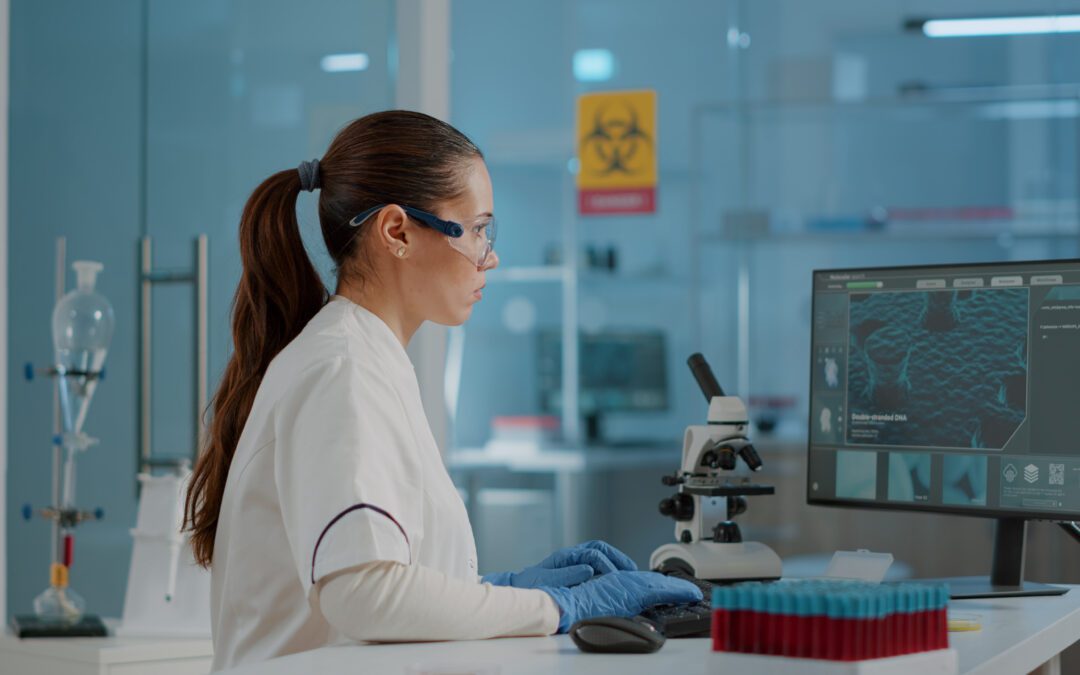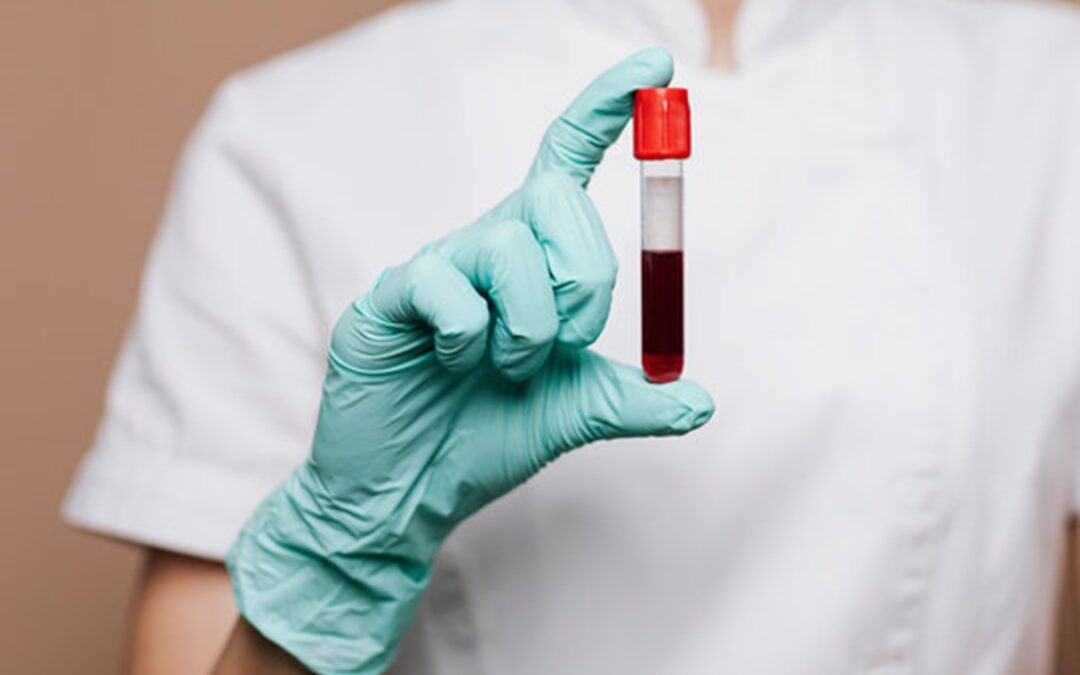Affordable and Effective Pharma Treatment
RMDM Pharma is the pharmaceutical wing of the RMDM Group.
It provides the third link in our comprehensive three-pronged approach to preventing, detecting and treating cancer.
Currently in the early stages, our team is conducting clinical trials for the release of a prodrug that renders current cancer treatments more effective.
Developed and patented by Dr. Johannes Coy and his team in Germany, this pro-drug – Benfo-oxythiamine – hinders the activity of TKTL1 and decelerates the metabolisation of cancerous cells.
Combined with the early detection made possible by the Pantum Detect test, this affordable and effective treatment represents a paradigm shift in the treatment of cancer, allowing us to effectively fight even the most malignant and chemotherapy-resistant tumours.

Cutting-Edge Research Delivered to Local Markets
RMDM Pharma funnels this innovative research into local delivery throughout the UK and the Middle East and North Africa (MENA).
Please contact us should you like to know more about this pro-drug or if you would like to be informed of RMDM Pharma’s news and developments.
Other Resources You Might Find Useful
PanTum Detect® Now Available at the Doctors Centre Polyclinic in Dubai
We’re excited to announce that RMDM Group’s PanTum Detect® blood test is officially live at the Doctors Centre Polyclinic in Dubai.
Reducing Late-Stage Diagnoses: How PanTum Detect Fits into Emerging MCED Strategies
New modelling shows annual multi-cancer early detection (MCED) tests could cut late-stage diagnoses by 49%. RMDM Group’s PanTum Detect goes further—identifying both early-stage cancers and precancerous changes with high accuracy. With a positive predictive value of 66.47%, it offers a powerful, non-invasive tool to fill gaps in current screening and…
Harnessing Sugar’s Dual Role in Cancer: From Fuel to Therapeutic Target
While sugar is often seen as a cancer culprit, new research shows it can also be a powerful tool in diagnosis, treatment, and prevention. From the tumour-fuelling role of glucose to the therapeutic potential of functional sugars like mannose, this article explores how understanding sugar metabolism—especially through the TKTL1 gene…
New Research Links Sugar-Sweetened Beverages to Oral Cavity Cancer Risk in Women
A recent study published in JAMA Otolaryngology has uncovered a concerning link between the consumption of sugar-sweetened beverages (SSBs) and an increased risk of oral cavity cancer in women, including both smokers and non-smokers. The findings show that women who regularly consumed sugary drinks were found to have a significantly…
Advancing Prostate Cancer Detection: The Role of AI and Blood-Based Screening
The AI-powered prostate cancer test developed by EDX Medical Group represents a major advancement in early detection. By analysing over 100 biological markers in blood and urine samples, it offers a more accurate assessment of prostate cancer risk than traditional methods like PSA testing, highlighting the critical role of early…
NHS Backlogs, Less Rhetoric and More Solutions by Dr. Letizia Gulino, Head of Science and Technology RMDM
We are witnessing a crucial moment for the NHS as it promises to reduce waiting lists and deliver timely care. This commitment resonates with patients and healthcare professionals. However, while the intentions behind these proposals are laudable, critical questions remain regarding their feasibility, workforce capacity, and long-term sustainability by the…
Reforming Prostate Cancer Testing: Chris Hoy’s Urgent Appeal for Change
Olympic cyclist Sir Chris Hoy is advocating for improved prostate cancer tests for younger men following his terminal diagnosis in September 2023. His recent interview with the BBC reveals the limitations of the NHS’s current protocol for prostate cancer testing.
Government and Tech Innovators Unite to Advance Cancer Detection: The Potential of Pantum Detect
In a recent press release, the UK government outlined an initiative to boost tech deals aimed at further innovating cancer diagnosis in the country. This plan follows the Darzi review, which highlighted the critical state of the NHS, particularly the urgent need to improve cancer survival rates.
Darzi Report Findings: The Urgent Need for Innovative Technology in NHS Cancer Care
In the House of Commons, Health Secretary Wes Streeting introduced a "national mission" to tackle key health challenges. Presenting the Darzi report, commissioned by the Labour government, he outlined the NHS's ongoing struggles in the post-pandemic era, including missed targets in cancer care, A&E services, and hospital treatment.
The UK’s Approach to Multi-Cancer Detection Tests
Last month, the UK National Screening Committee (UK NSC) shared their updated view on Multi-Cancer Detection (MCD) tests. They highlighted the potential and the immediate need for a multi-cancer detection solution in the UK. They are working to outline a roadmap for finding this solution. At RMDM, we are at…









